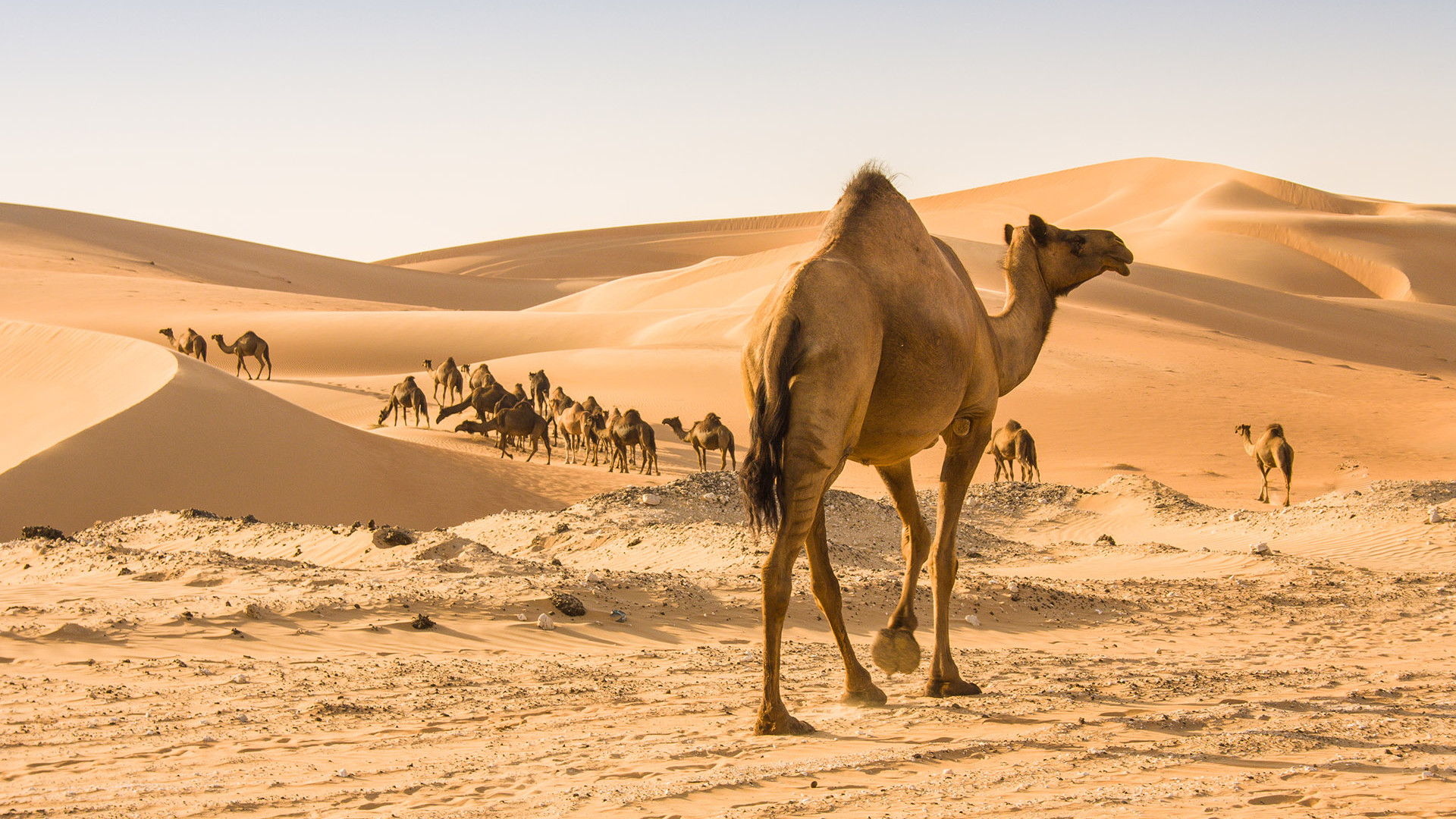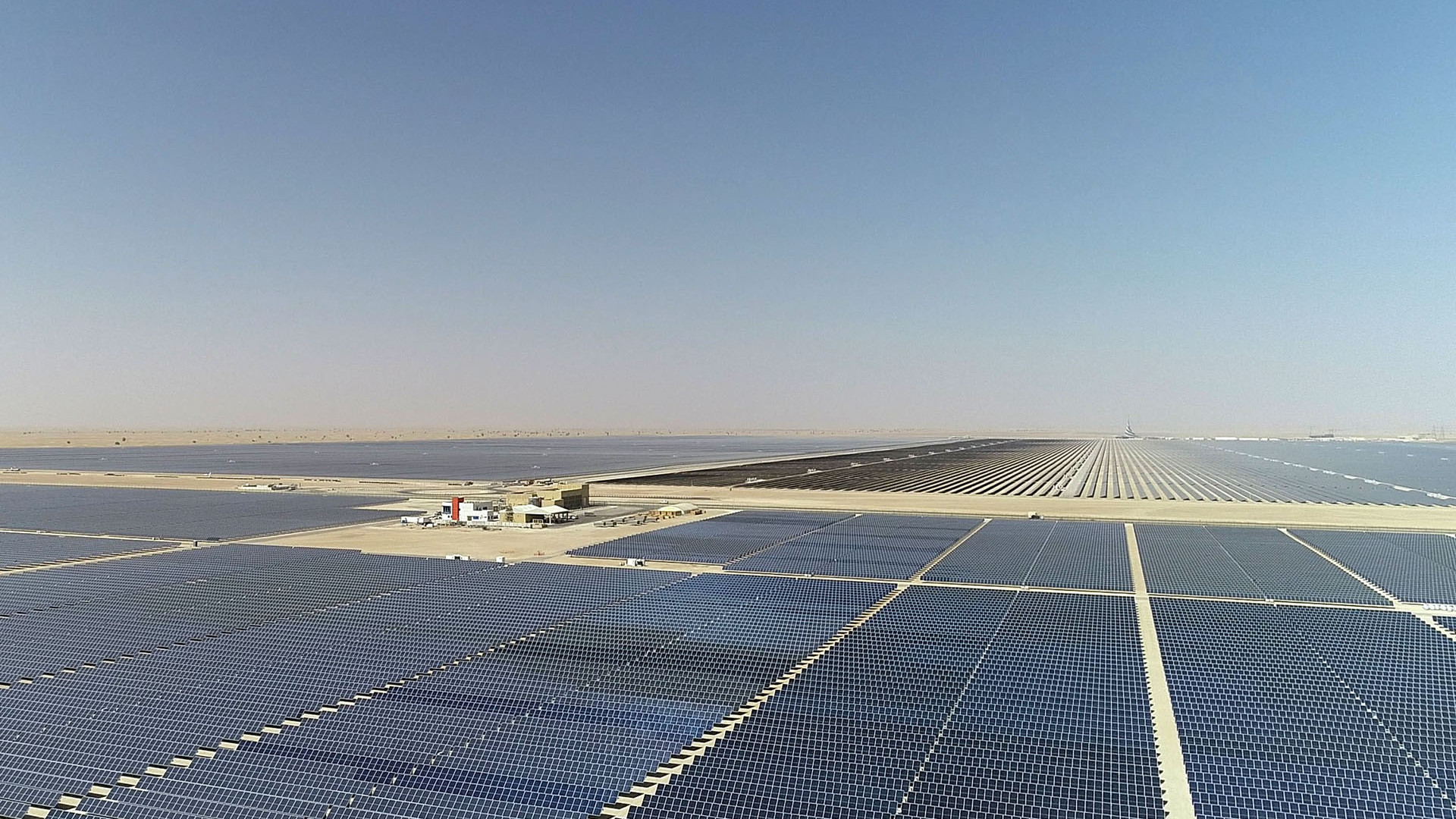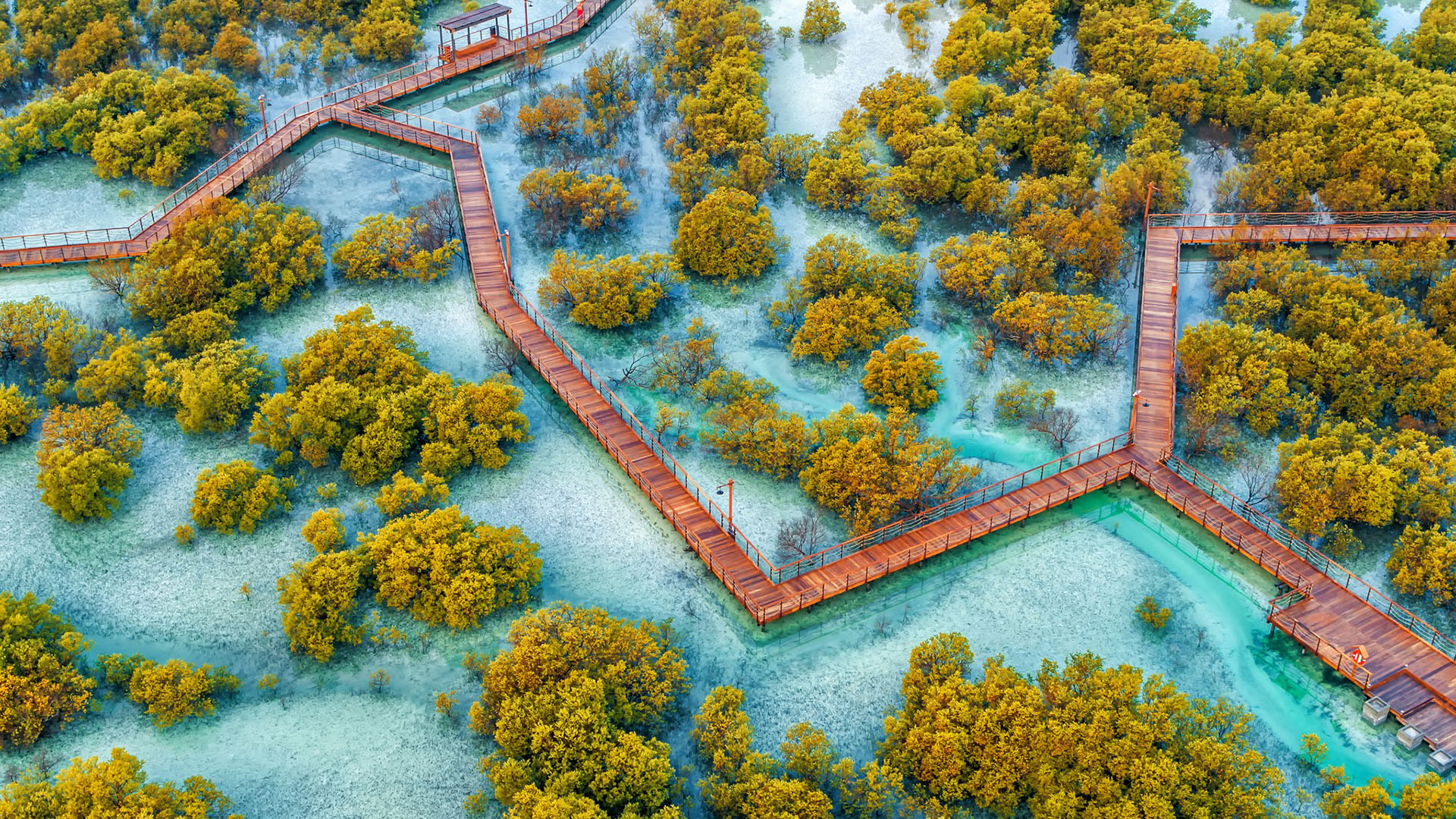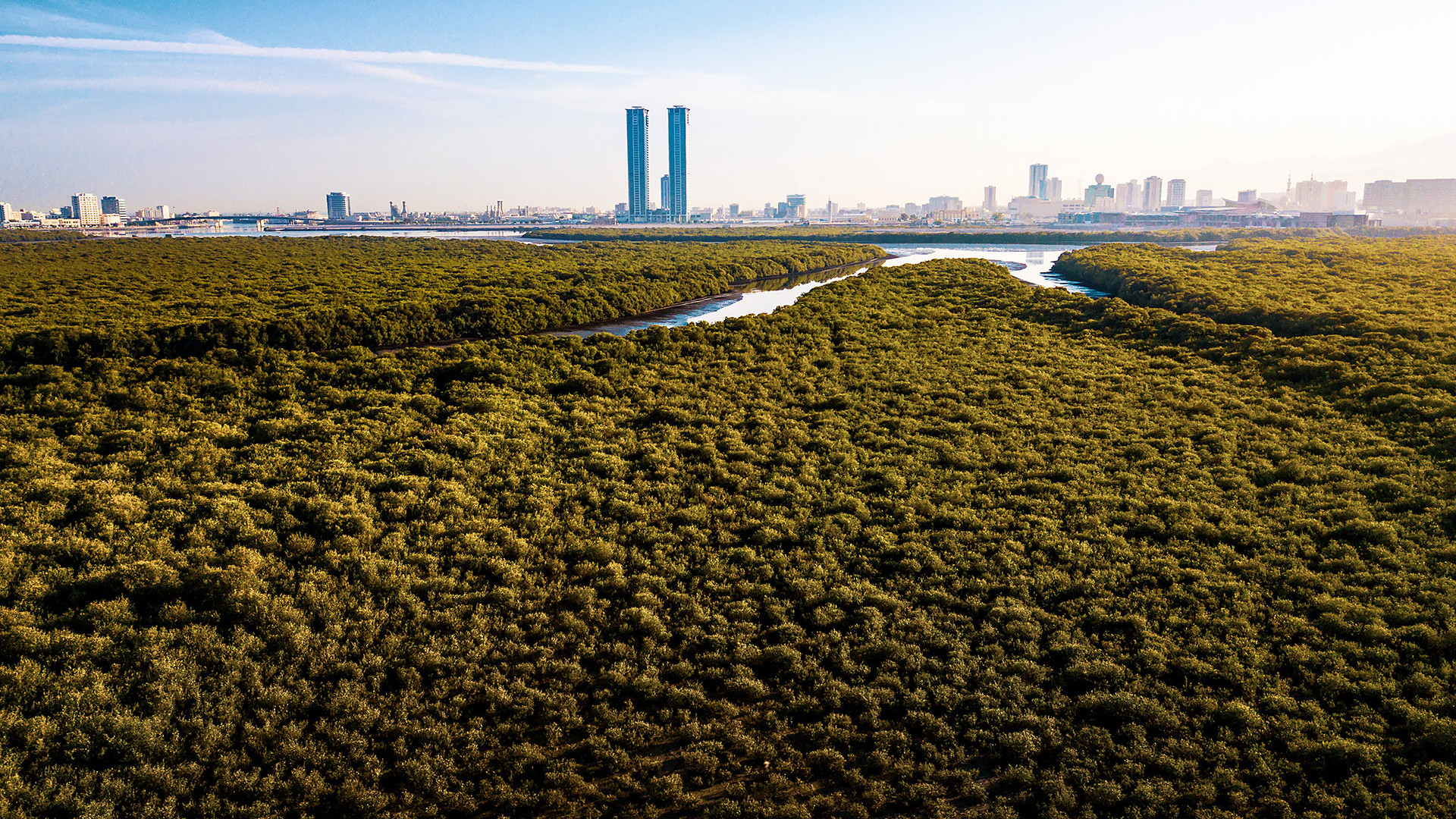Recognising this, the UAE has made impressive strides in green energy development. Groundbreaking initiatives include the deployment of three nuclear power reactors, the establishment of three of the world’s largest solar plants, and nationwide renewable energy adoption. Additionally, the UAE's Net Zero by 2050 Strategic Initiative aligns with the Paris Agreement, and will see the country invest more than $160 billion into clean and renewable energy solutions by the middle of the century – exemplifying its commitment to mitigating the adverse impacts of climate change. The UAE is also pioneering large-scale carbon capture technologies. Consequently, its hydrocarbons are among the world's least carbon-intensive.
Despite its vast hydrocarbon reserves, which account for only 30% of its economic activity, the Emirates has actively addressed the environmental challenges posed by climate change, population growth, and fast-paced urbanisation.
As an international green diplomacy stalwart, the UAE has taken centre stage in the global climate discourse. Not only was it the first Middle Eastern nation to ratify the Paris Agreement, but it also promptly submitted its Nationally Determined Contribution in 2015. And in 2023 the UAE amplified its target to reduce carbon emissions by 31% by 2030. The spirit of international cooperation the UAE adopts in tackling climate change will be on full display when the critical COP28 is hosted in Dubai in November – December 2023, where the leadership of the UAE will reinforce its commitment to fostering global partnerships for a sustainable future.





